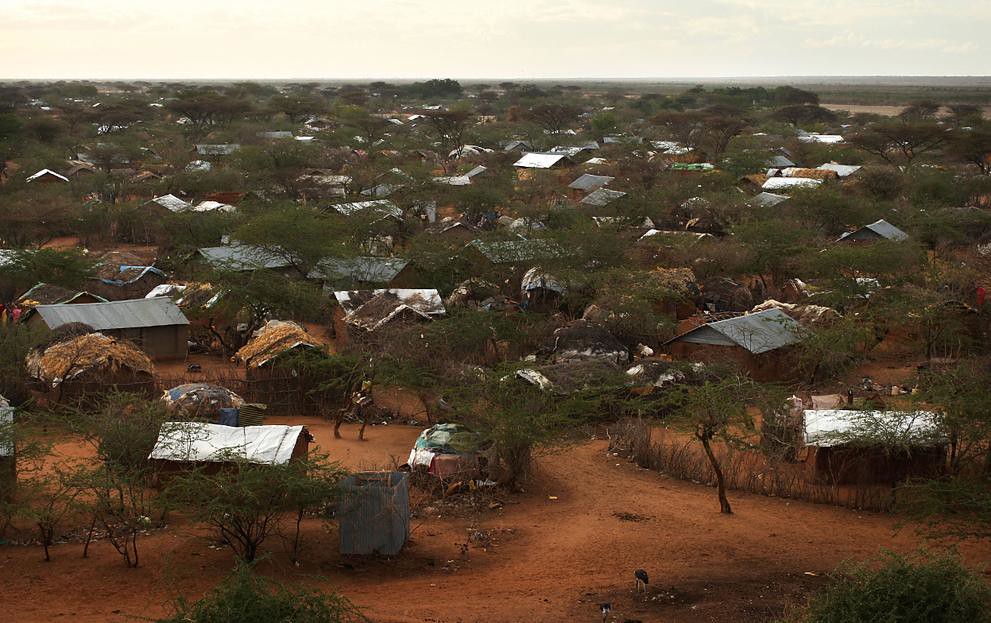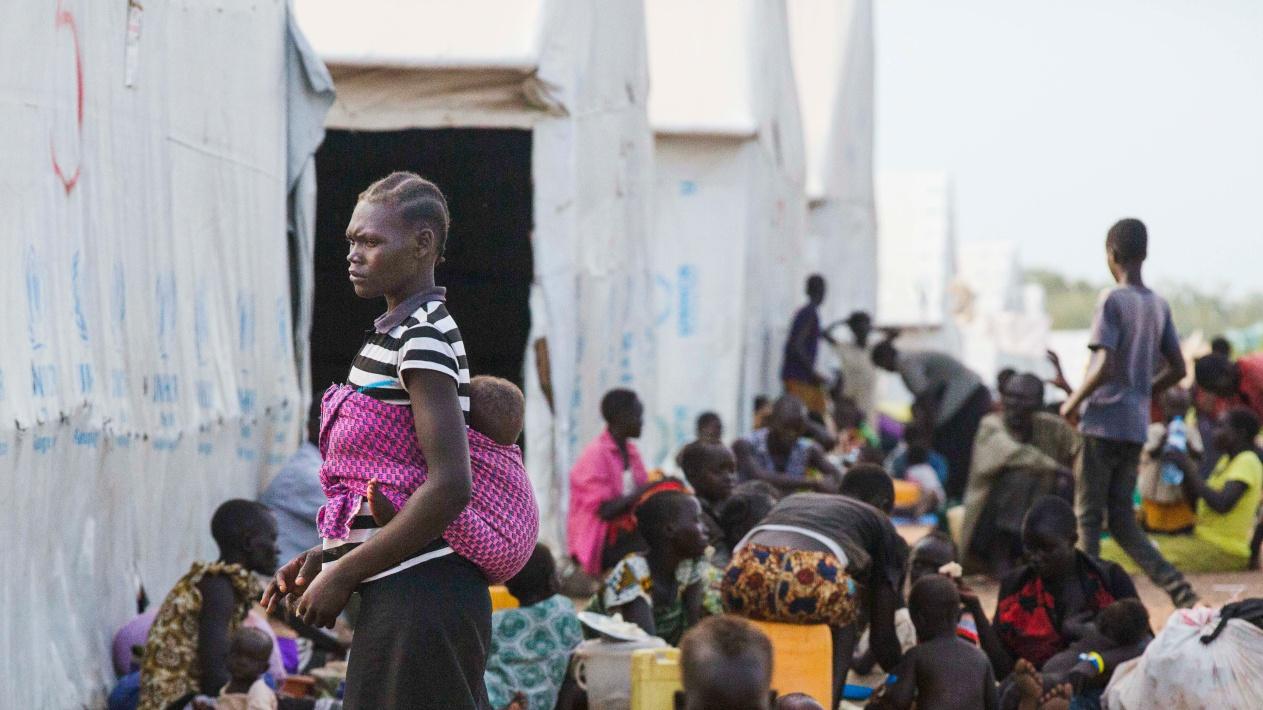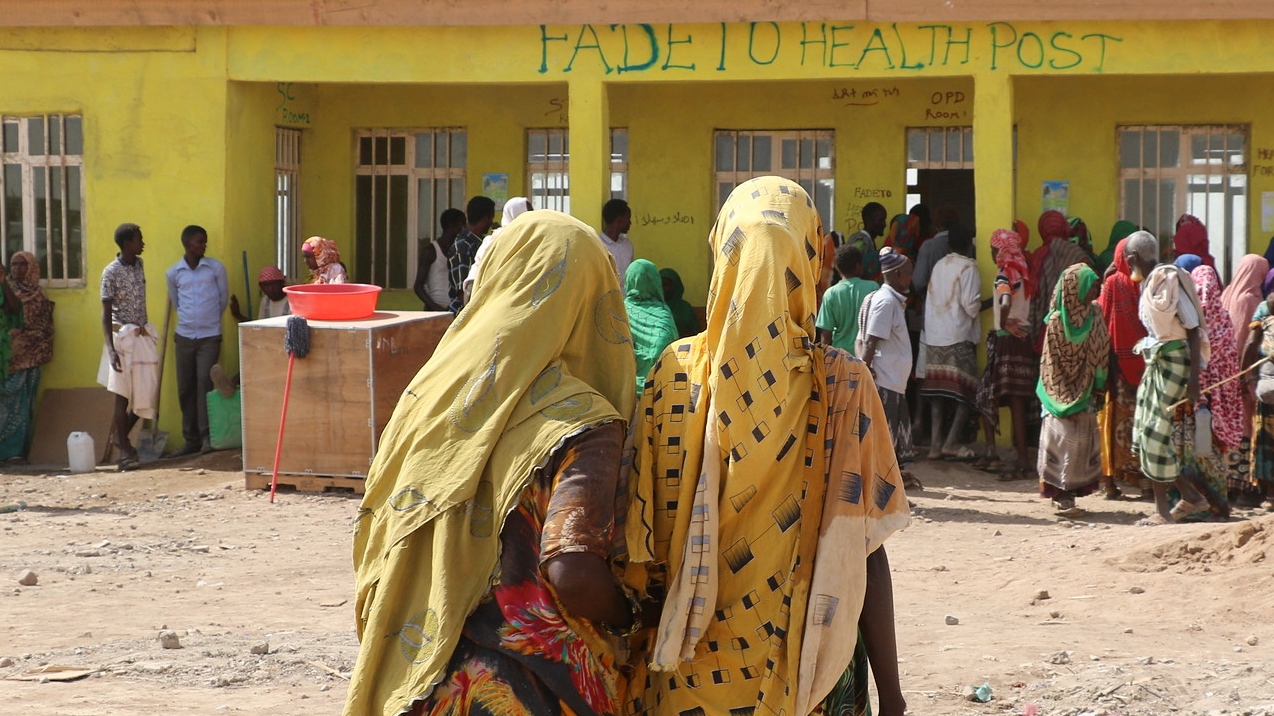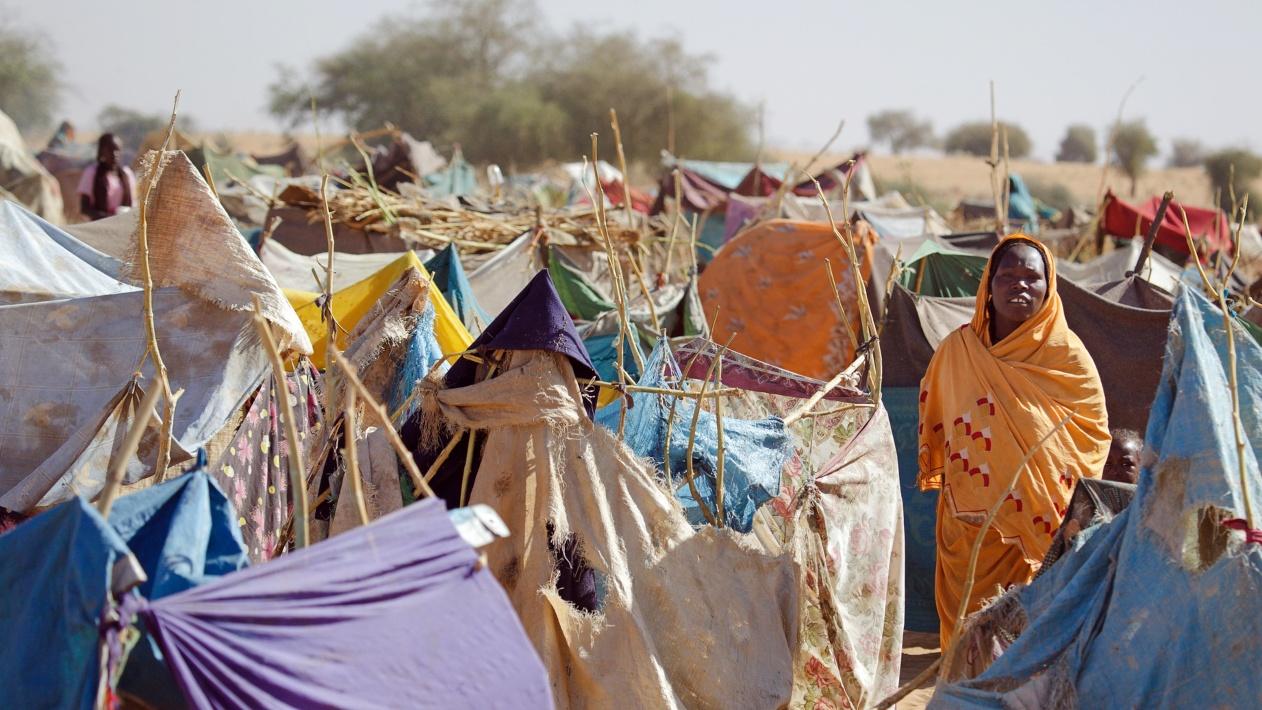Millions of people are currently displaced across Africa. This situation is unlikely to improve with ongoing conflicts and the growing threat of climate change on the horizon. But more needs to be done to ease the path for displaced people to return home when they feel able to do so, writes Sandra F. Joireman.
Displacement because of war, climate change, and natural disasters is one of the largest international challenges of the 21st century. The number of refugees and internally displaced people are higher now than ever before: An estimated 103 million people worldwide with 30 million of those in Africa.
In the face of this challenge, Africa has some of the world’s most progressive policies on forced displacement. In addition to the United Nations’ Refugee Convention, most African countries are signatories to The African Union Convention for the Protection and Assistance of Internally Displaced Persons in Africa, commonly known as the Kampala Convention.
The Convention broke new ground in terms of protections for internally displaced people (IDPs) in two ways: it created a legal definition of an IDP; and compels states to work together with international organisations and civil society groups to address IDP needs. There are no similar protections in any other area of the world.
Some countries such as Somalia, have made significant efforts to not only apply the Kampala Convention but have also developed complementary policies such as the Interim Protocol on Land Distribution for Eligible Refugee-returnees and IDPs which addresses the livelihood needs of displaced people. Regional and municipal level responses, such as the Policy for IDPs and Returnees in Mogadishu, create a multi-level response to forced displacement. Unfortunately, the continent has several new and ongoing crises leading to forced displacement in South Sudan, the Democratic Republic of Congo, and Sudan, among other countries which will test these policies in the coming years.
The politics of return
Rebuilding communities after violent conflict requires that people want to return. Encouraging return migration requires the restoration of property and livelihoods. Once peace is restored, there are several factors which influence whether people go back to their place of origin. These include personal and family demographics, economic opportunities, length of displacement, and political environment in the place of origin and the place of refuge.
Long displacements mean that generations of children are being raised in places of refuge; camps and urban settings around the world where their parents fled for safety. Being raised outside of their parent’s communities means that this displaced generation often has different understandings of ‘home’ to their parents, creating different livelihood goals and affecting their preference for return.
Property restitution or compensation for lost property is an important factor in return migration and restoring livelihoods as it means access to housing or agricultural land. Property restitution after a conflict has been a challenge in areas of Sub-Saharan Africa with customary tenure systems (where land holding is administered by traditional leaders and often not documented) as these tenure systems can be profoundly changed by conflict. Demographic changes, population displacement, and peace agreements that empower ‘customary’ faction leaders or send demobilised soldiers back to their rural homes can create uncertainty and conflict over land claims.
Return migration experiences in Burundi, Northern Uganda, and Liberia show the complexity of contested authority and contentious land relations in reconstructing communities after violent conflict. Return migration led to conflict over land claims, new leaders asserted authority over customary tenure areas, and there was confusion over post-conflict government policies on land administration and restitution.
Similar patterns are expected in places such as Nigeria, where violence and displacement have already changed land use and occupation in rural areas; increasing the abandonment of farms and consolidation of land holdings. Most people displaced by violent conflict in Sub-Saharan Africa initially flee to the closest safe place, either within the country or in a neighbouring state. Policies that focus investments on these first places of refuge can keep people from embarking on dangerous journeys further afield to seek a better place of refuge. This will then make returning home easier when peace is established.
Encouraging people to return home after a violent conflict ends means planning restitution solutions. These must allow people to return to subsistence agriculture if they wish, but also to pursue new livelihoods, such as job training in high-demand fields and small-business opportunities. Studies of refugee preferences suggest there is strong interest in training opportunities in vital professions such as construction, electrical, and plumbing trades that will assist in rebuilding their communities. Policies should be put in place to encourage training which will also help incentive people to return.
Photo credit: Solen Feyissa via Pexels






Thanks for this illuminating post! Of great interest to the Department of International Development at the LSE, where we do so much on humanitarian issues, including issues of displacement and return. The intersections with land issues are of critical importance!